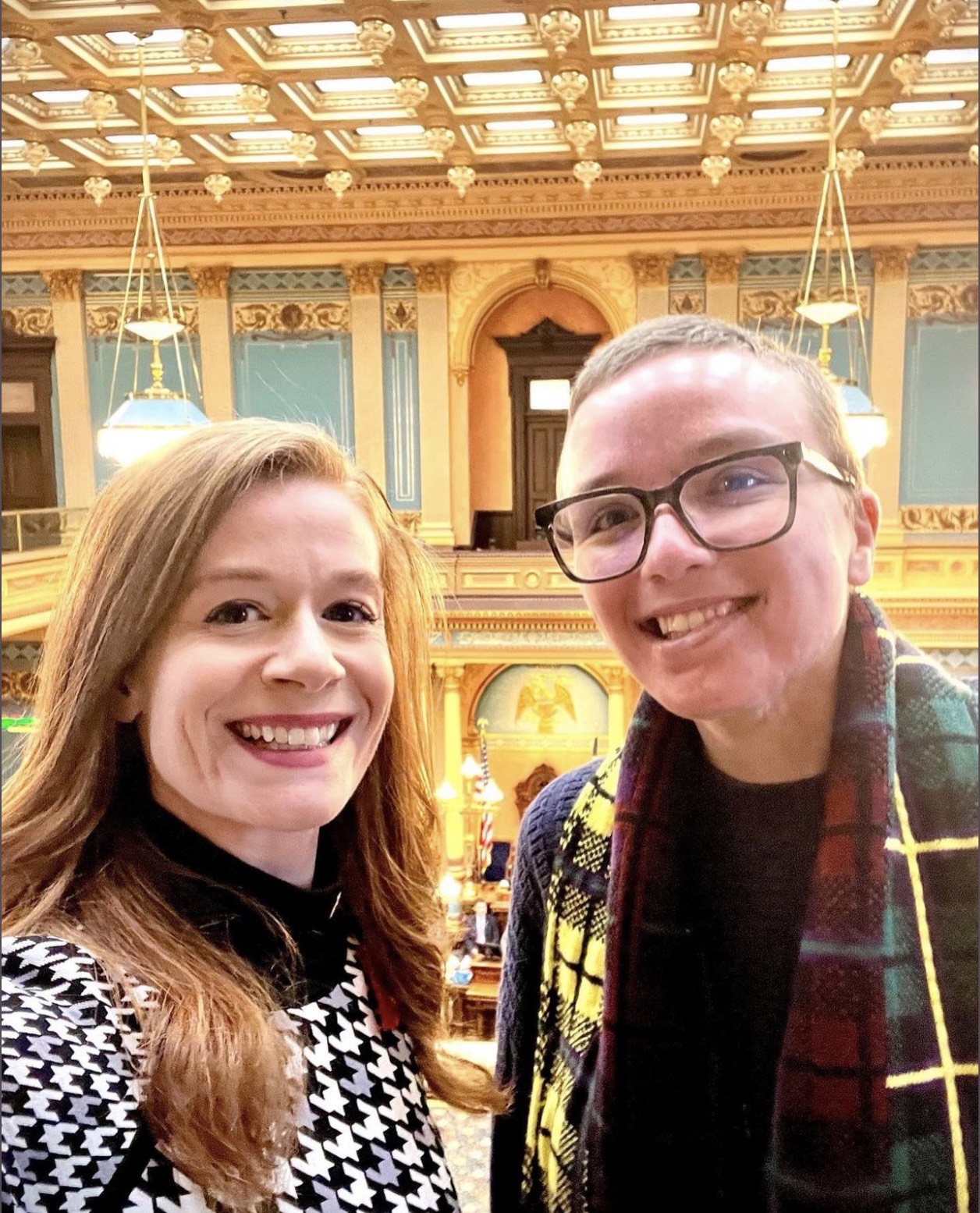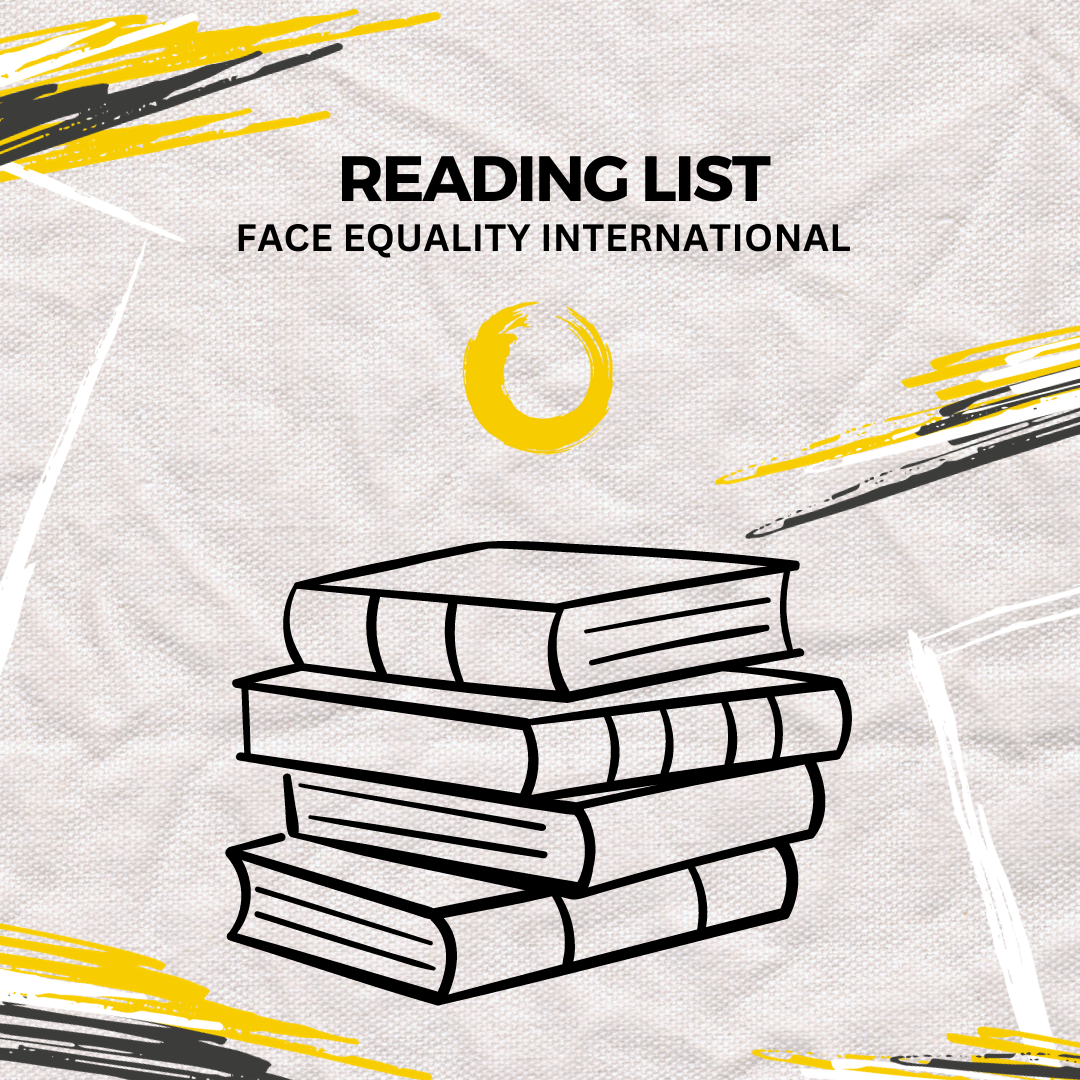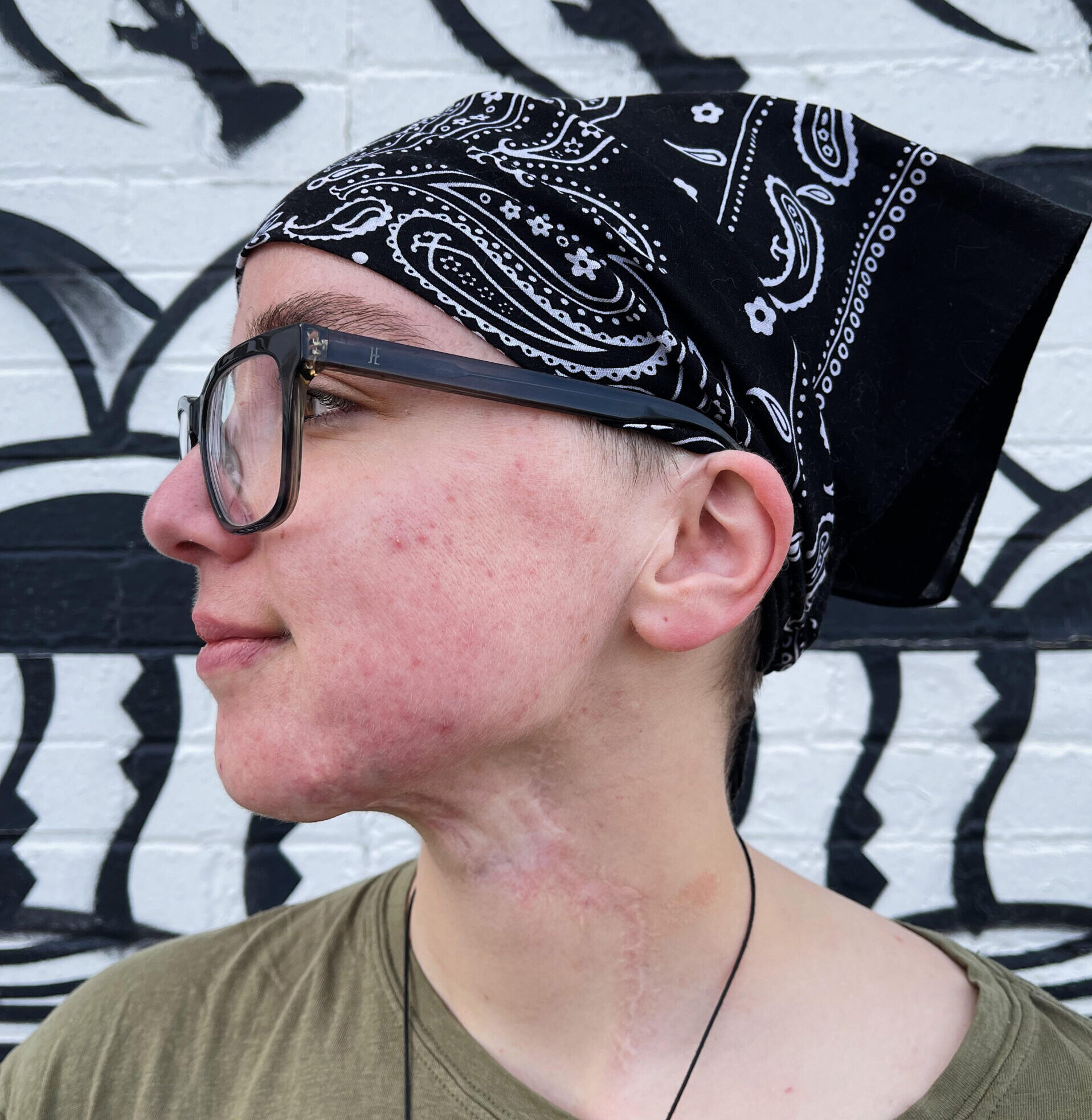Recruitment of Orcs
Dear Sir Peter and Mr Bezos,
It has been widely reported in the UK media this week (see links below) that the casting agencies working on Amazon TV’s new series based on Lord of the Rings are desperately seeking people with “flawed faces” who are “hairy, toothless, wrinkled and extremely tall and short”.
I write to you as someone with a so-called flawed face (although I would define it as ‘distinctive’ as a result of severe facial burns nearly 50 years ago) and on behalf of the 30 NGOs/charities around the world which form Face Equality International whose many members also have facial distinctions of various kinds such bas from birthmarks, scars, asymmetry and paralysis.
Our concern with your casting instructions are threefold — and they add up to a request.
First, the characterisation of the Orcs in all the Lord of the Rings and other Tolkien films over the last 18 years as scarred-up villains runs counter to and devalues Tolkien’s legacy. According to his biographer, Humphrey Carpenter, Tolkien himself described an orc in one of his Letters: “…they are (or were) squat, broad, flat-nosed, sallow-skinned, with wide mouths and slant eyes” (1).
Second, whilst not wishing to associate in any way with that particular characterisation (with its racist undertones), I deplore the fact that you have decided, yet again, to lazily portray the ‘baddie’ Orcs as facially (and bodily) flawed — just like the Bond movie franchise persistently does. Generations of children have been wrongly led to associate facial scarring with nastiness, villainy and immorality. This is face-ist stereotyping of the worst kind and should be consigned to the dustbin of history.
Third, it is not ethically appropriate to seek people with outstanding looks to play the role of ‘a character’ which is to be seen as scary, inhuman and nasty.
Overall, we believe that if your new TV series perpetuates the idea that people with facial disfigurements are to be feared, it will legitimate playground bullying, hate crime in public places and on social media, and ostracisation with painful psychological consequences for individual children and adults around the world and their families.
Our request is simple: in these enlightened times, Face Equality International asks that you re-consider your portrayal of the Orcs in your new TV series in a fresh civilised way that respects face equality (and race equality too) and avoids needless stereotyping. We urge you to instruct your casting agency accordingly.
Simple. Powerful. Transformational.
Thank you!
James Partridge OBE, Director, Face Equality International
Erica Mossholder, CCA Kids
Kim Teems, FACES: The National Craniofacial Association
Vicki McCarrell, Moebius Syndrome Foundation
1. Carpenter, H., (1981). The Letters of J. R. R. Tolkien. Houghton Mifflin, Boston.
https://www.thetimes.co.uk/article/got-a-face-like-an-orc-amazon-tv-show-based-on-lord-of-the-rings-has-an-attractive-offer-chr8vp5pn
https://amp.theguardian.com/tv-and-radio/shortcuts/2019/dec/17/orc-worlds-weirdest-job-advert-amazon-lord-of-the-rings
https://www.dailymail.co.uk/news/article-7800483/Do-look-like-orc-Lord-Rings-TV-desperately.html
Posted by


